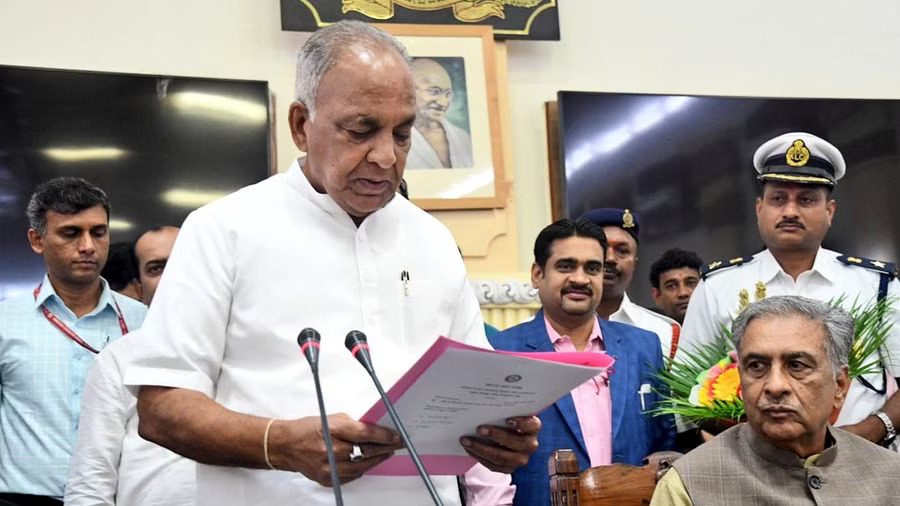In an ambitious endeavor to combat water scarcity and promote sustainable water management, the government is actively exploring options for treating wastewater in Bengaluru to make it suitable for both drinking and agricultural purposes.
Bengaluru, like many rapidly growing cities, faces water-related challenges, including depleting water resources and increasing demand. To address these pressing concerns, the government is working on innovative solutions to harness and recycle wastewater effectively.
The proposed plan entails treating wastewater to meet stringent quality standards, making it suitable for drinking. This would involve advanced treatment processes to remove contaminants and pathogens, ensuring that the treated water is safe for human consumption.
Furthermore, the treated wastewater would also be repurposed for agricultural irrigation, offering a sustainable water source for farming activities. This dual-purpose approach aims to maximize the utility of treated wastewater, alleviating the burden on existing water sources and promoting responsible water usage.
This initiative aligns with broader efforts to improve water resource management and enhance sustainability in urban areas. By treating and reusing wastewater, the government seeks to reduce water stress, promote agricultural productivity, and ensure a reliable source of clean drinking water for Bengaluru’s residents.
While the project is still in its planning stages, it represents a significant step towards addressing the city’s water challenges and underscores the government’s commitment to sustainable water management. The success of such initiatives has the potential to serve as a model for other urban areas facing similar water scarcity issues.
As the government continues to work towards implementing wastewater treatment solutions, it is expected that the project will contribute to a more water-secure and environmentally sustainable future for Bengaluru.










